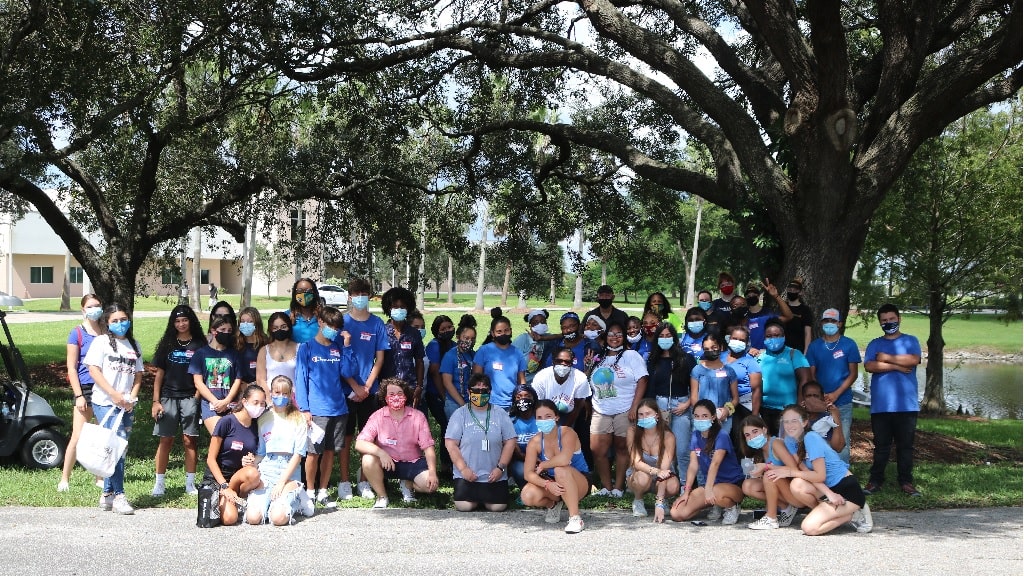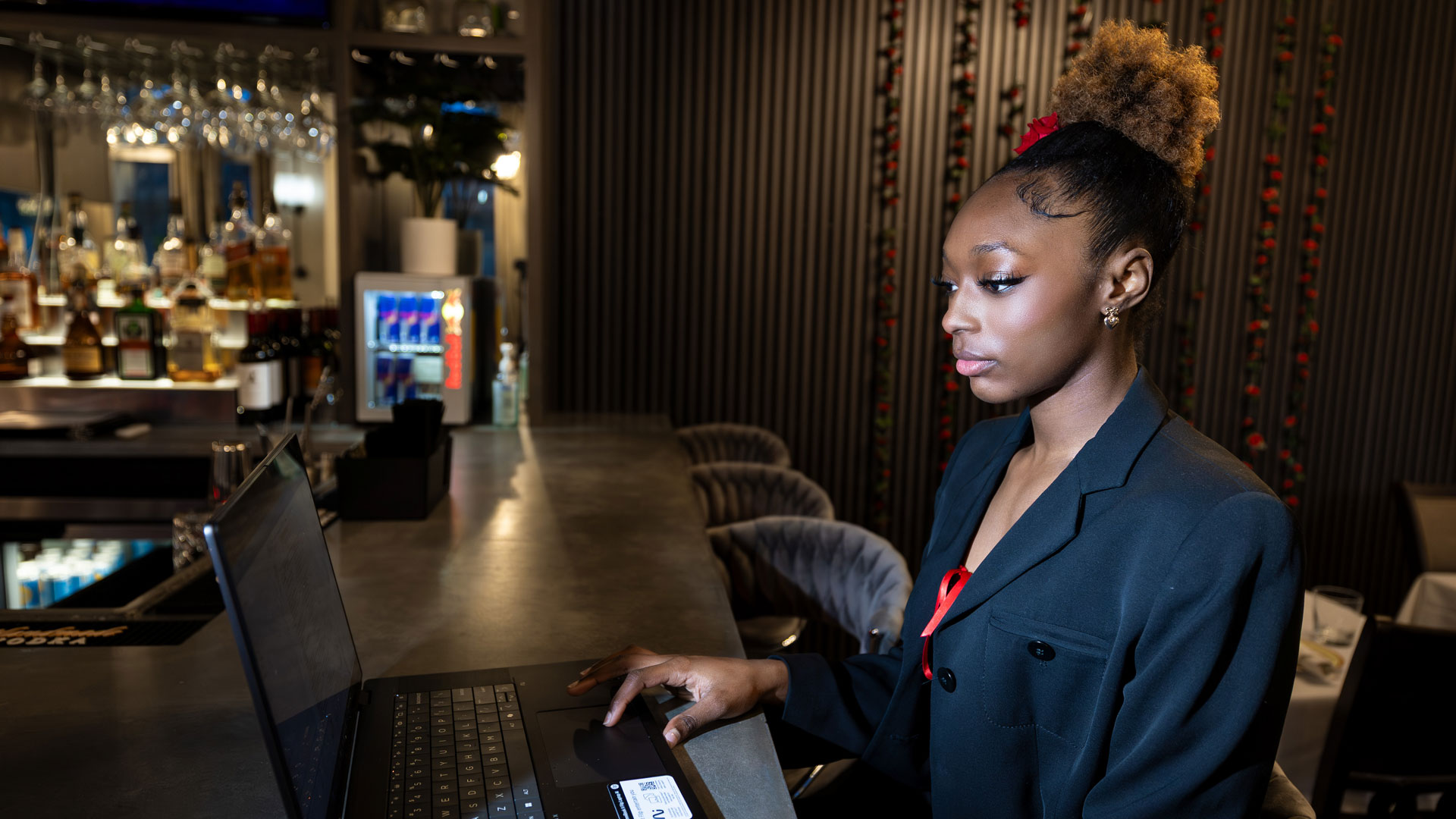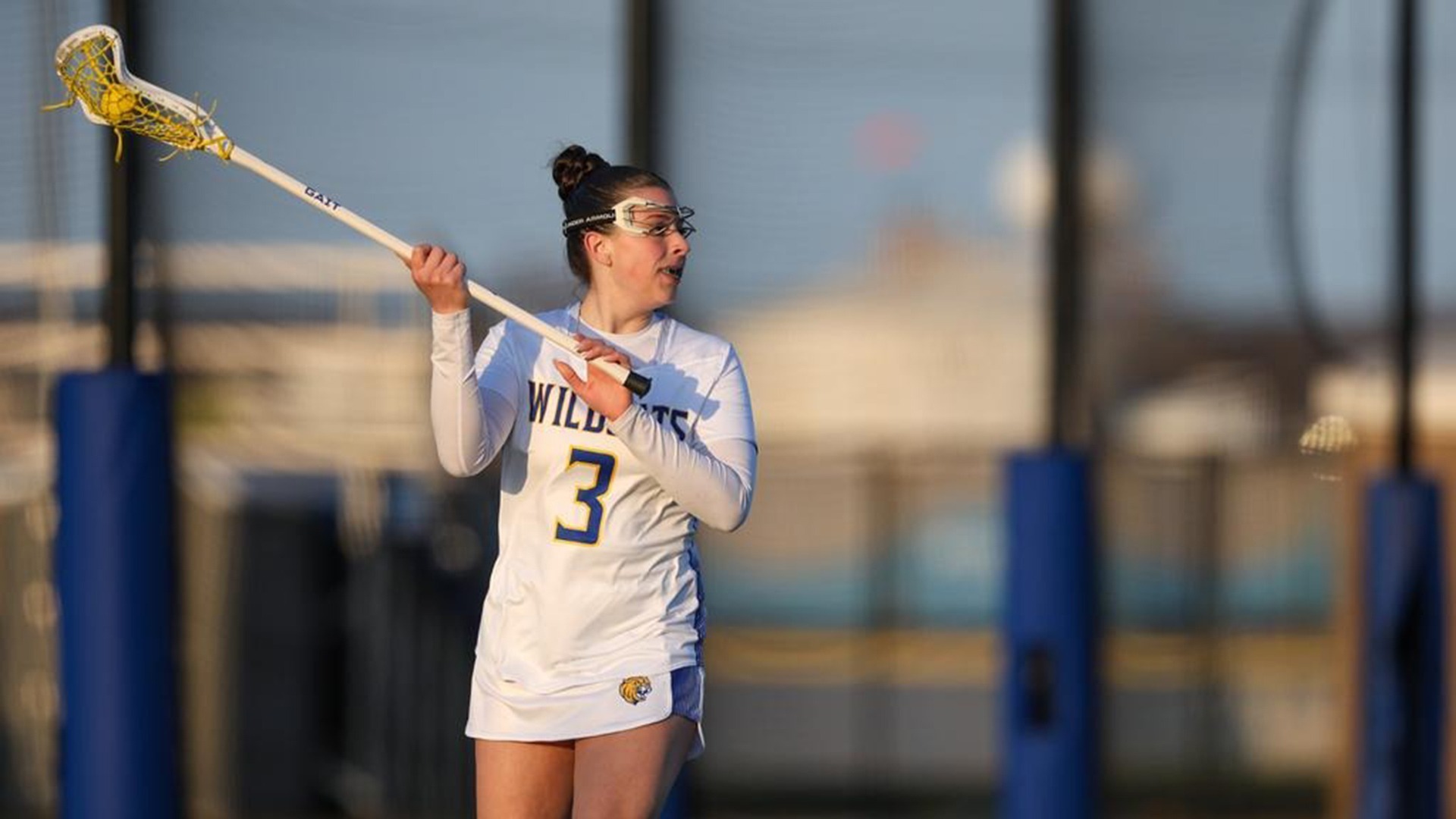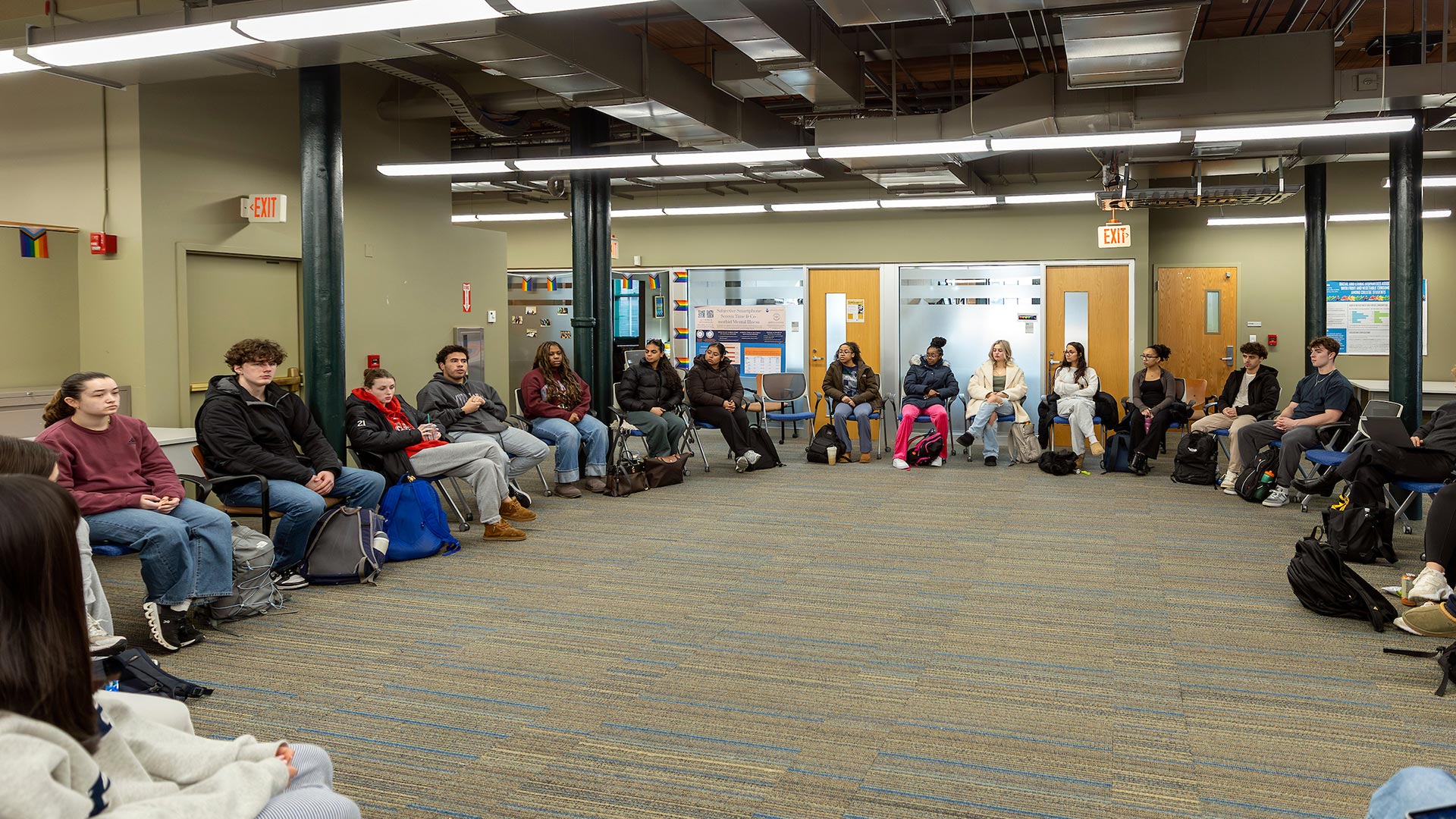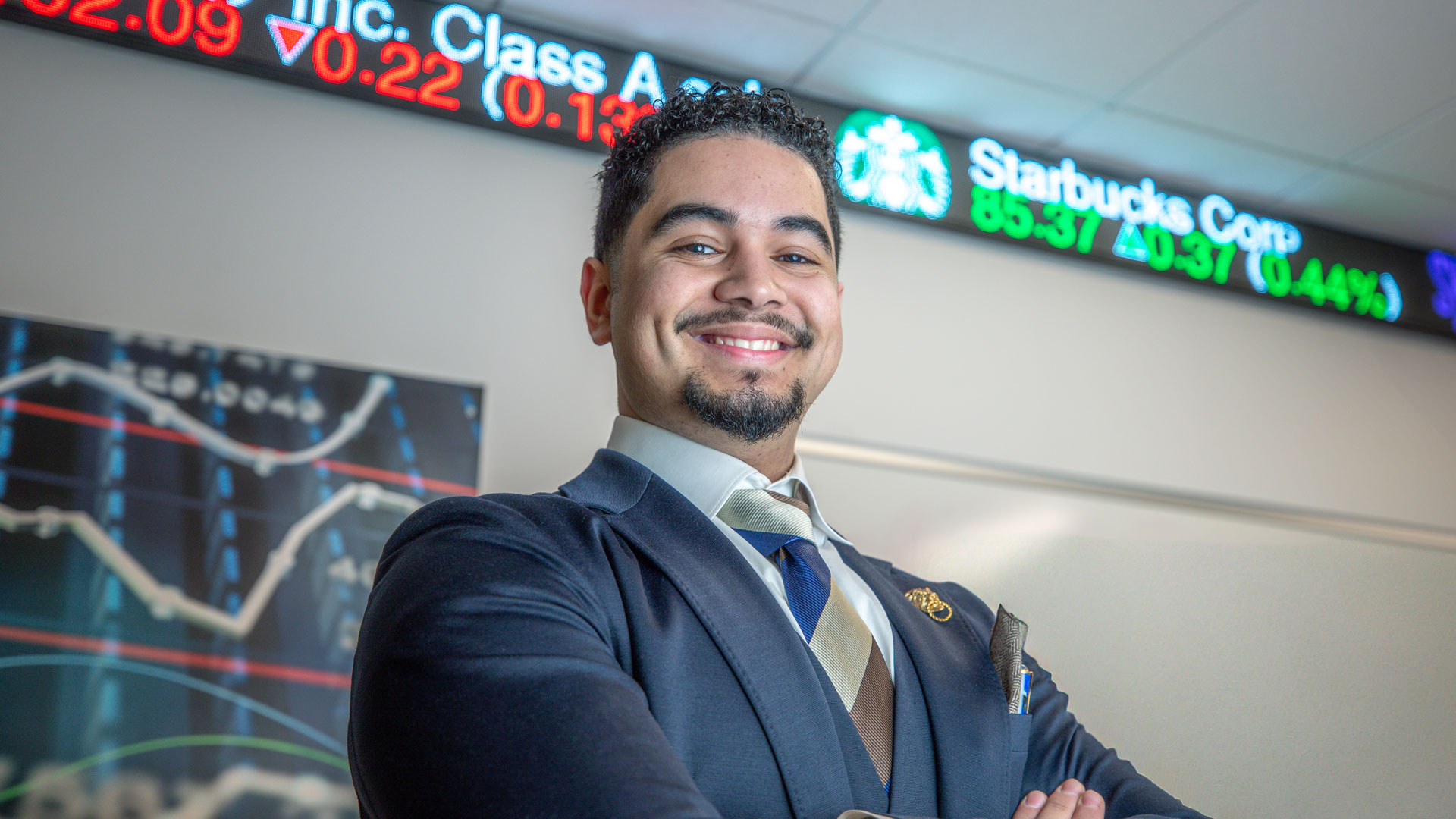Inspiring Wildcat: Jonathan Beres '24
Jonathan Beres '24 is a Food & Beverage Entrepreneurship major at JWU, but this Inspiring Wildcat also has a passion for helping his community. While in high school, he and a fellow classmate, Nishah Jaferi, wanted to create an organization that could provide homeless or low-income individuals better access to personal care items. Hello Hygienics was born, and the initiative has now partnered with other non-profit organizations to create and distribute hygiene kits to those in need. I chatted with Jonathan to learn more about him, what inspired him to create Hello Hygienics, and how he hopes to continue growing this effort.
1. What is your major? Why did you choose to study at JWU?
My major is Food & Beverage Entrepreneurship. I chose to study at Johnson & Wales University because it was one of the few schools that offered culinary-centric programs and also had an academic focus.
2. What was the inspiration behind creating Hello Hygienics?
Hello Hygienics is an organization that seeks to provide for the hygiene needs of the homeless and low-income communities. The inspiration came from a place of empathy. Every person has faced their own struggles in their lives, and we wanted to develop an organization that understood this.
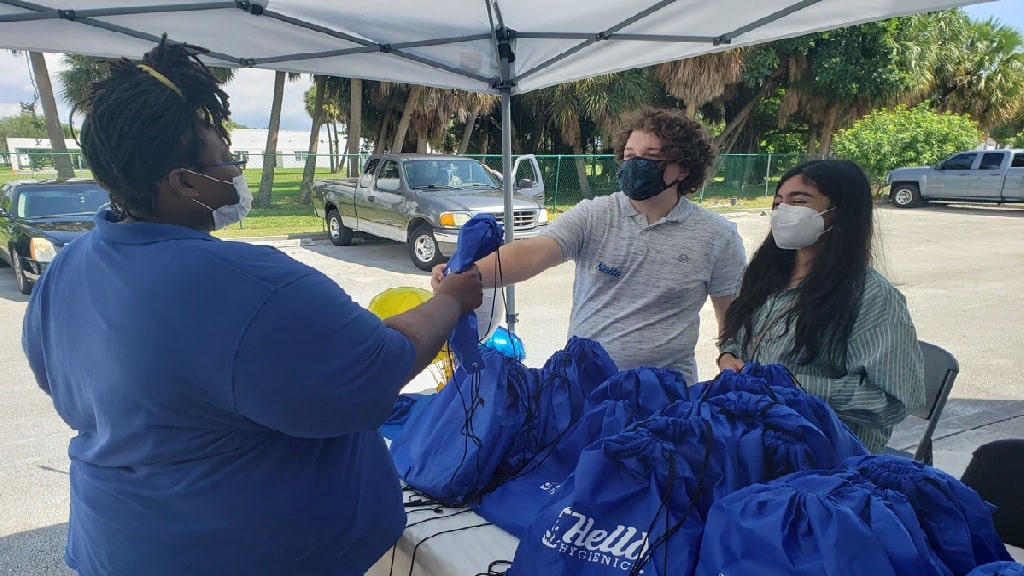
3. What is your daily routine at Hello Hygienics?
The organization was started by a group of high school students (myself included) when most of our members and leadership were all in the same location. Over the years, we have spread out to many different states and even countries. As a result, all of our meetings are conducted virtually.
To carry out our efforts, we rely on staffing from a network of nonprofits that we have built connections with. For example, one of our past events was a hygiene kit packing party that was conducted by young children at the Boys and Girls Club. Our organization (with the help of funding from JWU) coordinated the event to bring awareness to these issues, provide resources to those in need, and illustrate to these young children how important hygienic practices are.
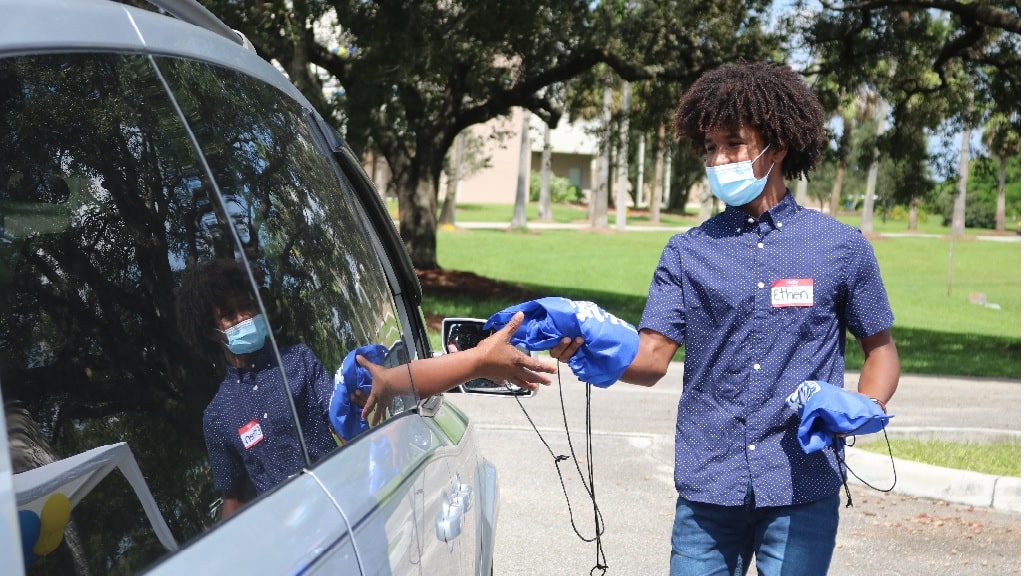
4. What was your biggest goal with this effort?
Since we founded Hello Hygienics, we have always tried to help those in need. Even today, our goal remains the same — to provide for the hygiene needs of the homeless and low-income communities.
In the early years of the organization, our mission was very broad and only used band-aid solutions like providing physical resources to affected communities. As we grow, we have narrowed our focus to not alleviate these issues, but to stop them from happening completely. Every day, we continue to conduct intensive research into why hygiene inequity exists, and how we can systemically prevent it.
5. Are you still working with Nishah on this effort? If so, what are your future plans for Hello Hygienics?
Nishah and I are still working together to bring awareness to hygiene inequity. As we continue to learn from the communities we help, we see more and more how deeply rooted hygiene issues are. They don’t stop at brushing your teeth or washing your hair, but not being able to go to the doctor, dentist, or even having access to health care resources. When we started the organization, we hoped to provide hygiene products to those in need, but now we want to change the community to move towards a brighter future where everyone has access to health resources.
